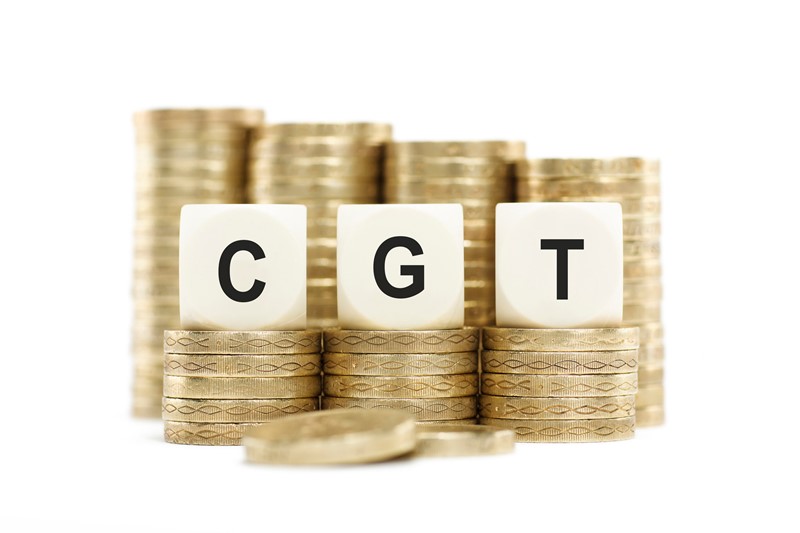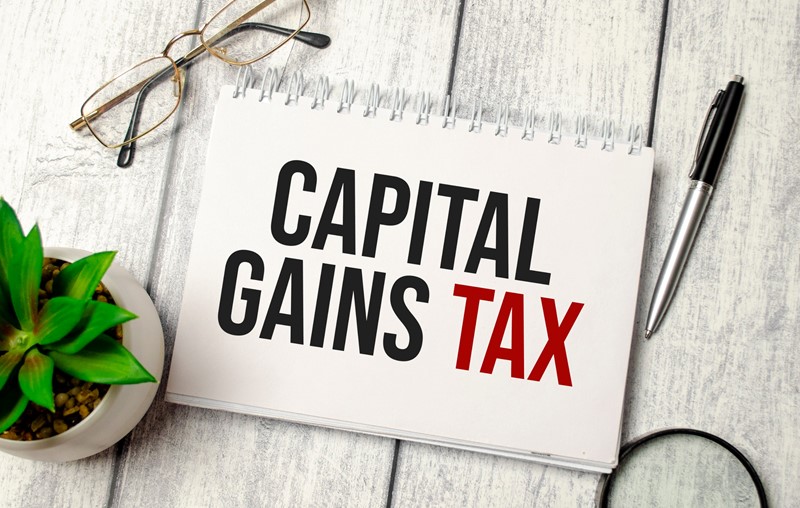For companies selling shares, the Substantial Shareholdings Exemption (SSE) can mean significant tax relief. Introduced in 2002 and simplified in 2017, this exemption allows qualifying gains on share
Category Archives: Capital Gains Tax
One of the most commonly used and valuable exemptions from Capital Gains Tax (CGT) is for the sale of a family home. Generally, there is no CGT on a property that has been used as your main family
The rate of Capital Gains Tax (CGT) for Investors’ Relief will rise from 10% to 14% for disposals made on or after 6 April 2025. It will then increase further to 18% for disposals made on or after 6
The 18% and 28% Capital Gains Tax (CGT) rates currently applied to carried interest gains remain unchanged for the current tax year. This charge applies to individuals who provide investment
In the Budget it was announced that the rates of Capital Gains Tax (CGT) are to be increased with immediate effect. The main rates of CGT that apply to assets other than residential property and
While there have been no specific announcements regarding changes to Business Asset Disposal Relief (BADR), the Chancellor may consider modifying this relief in the upcoming Budget. If you are
CGT is generally charged at a flat rate of 20% on most chargeable gains for individuals. However, if taxpayers are within the basic rate tax bracket and make a small capital gain, they may be eligible
Business Asset Disposal Relief (BADR) applies to the sale of a business, shares in a trading company, or an individual’s interest in a trading partnership. When this relief is available, a reduced
Gift Hold-Over Relief is a tax relief that defers the payment of Capital Gains Tax (CGT). It can be claimed when assets, including certain shares, are gifted or sold below their market value to
Gift Hold-Over Relief defers the payment of Capital Gains Tax (CGT). It can be claimed when assets, including certain shares, are gifted or sold below their market value to benefit the buyer. The
 Christchurch, Dorset & London
Christchurch, Dorset & London mail@tideaccounting.co.uk
mail@tideaccounting.co.uk 01425 674776
01425 674776









